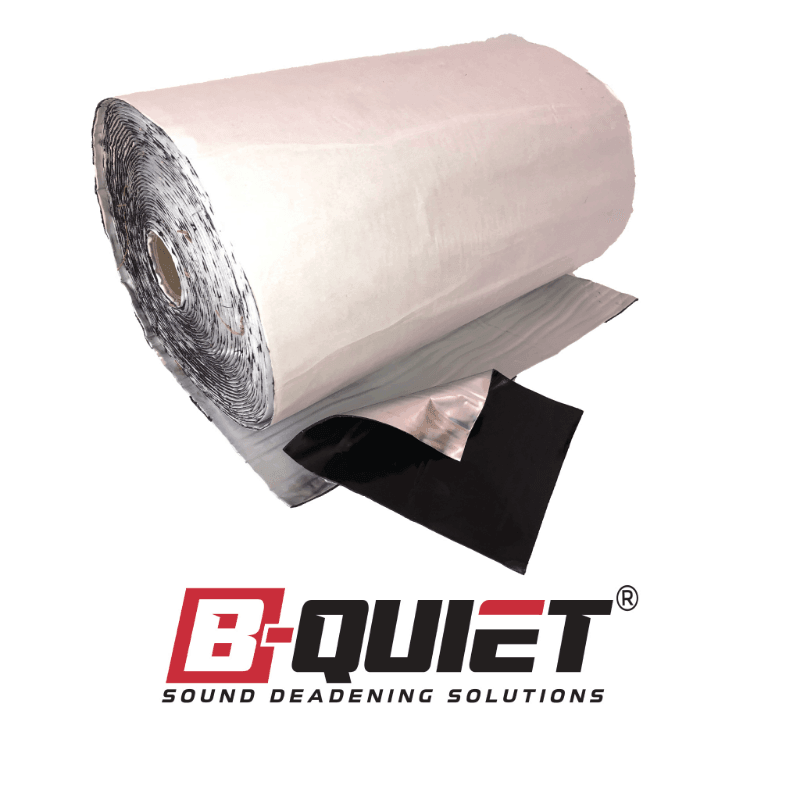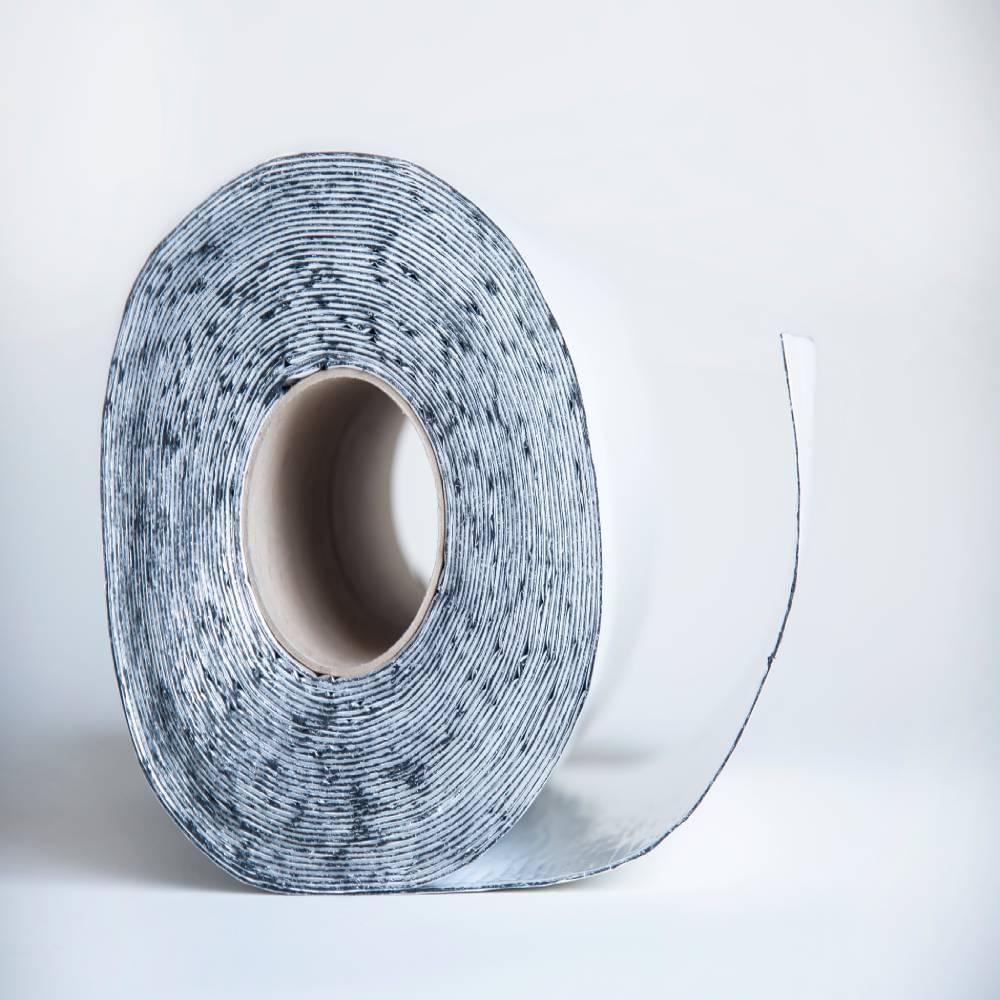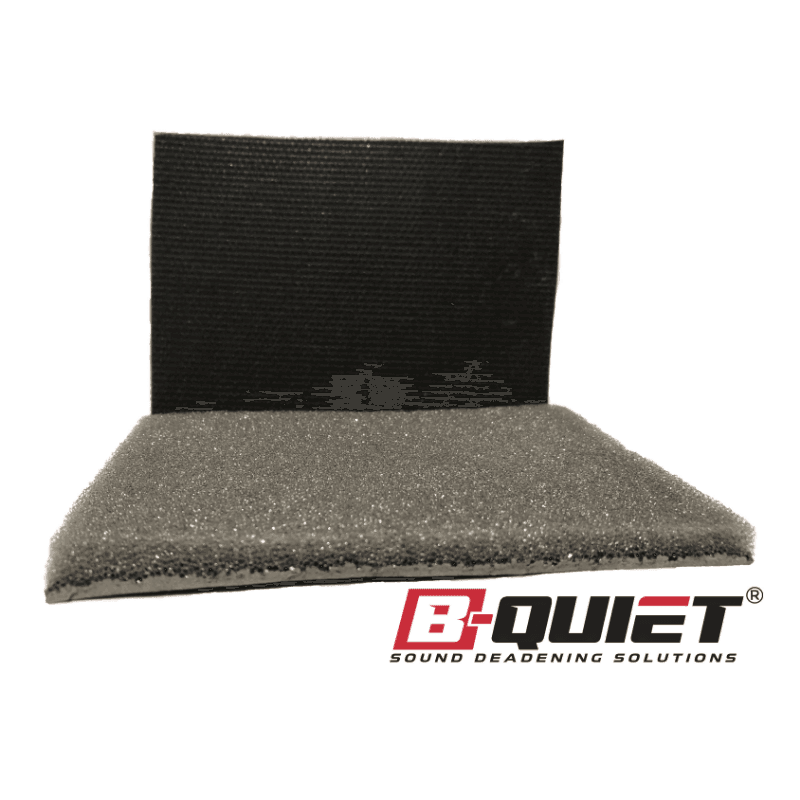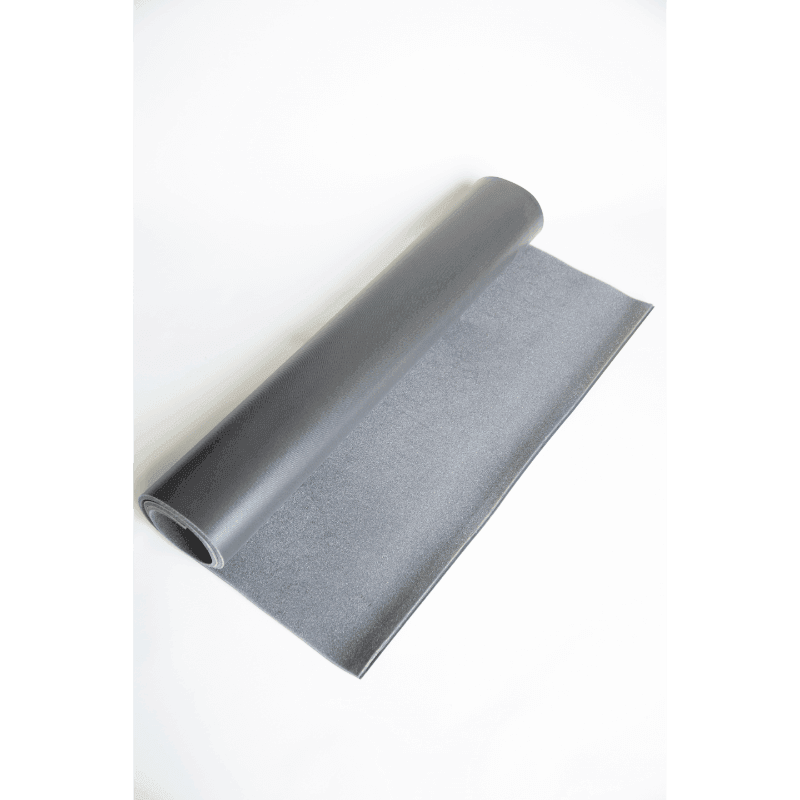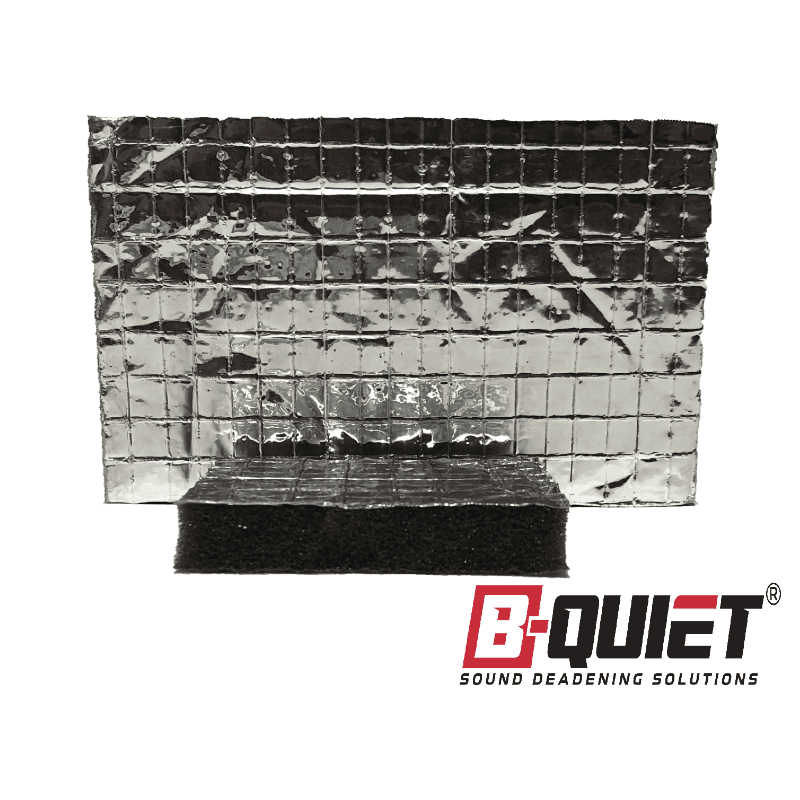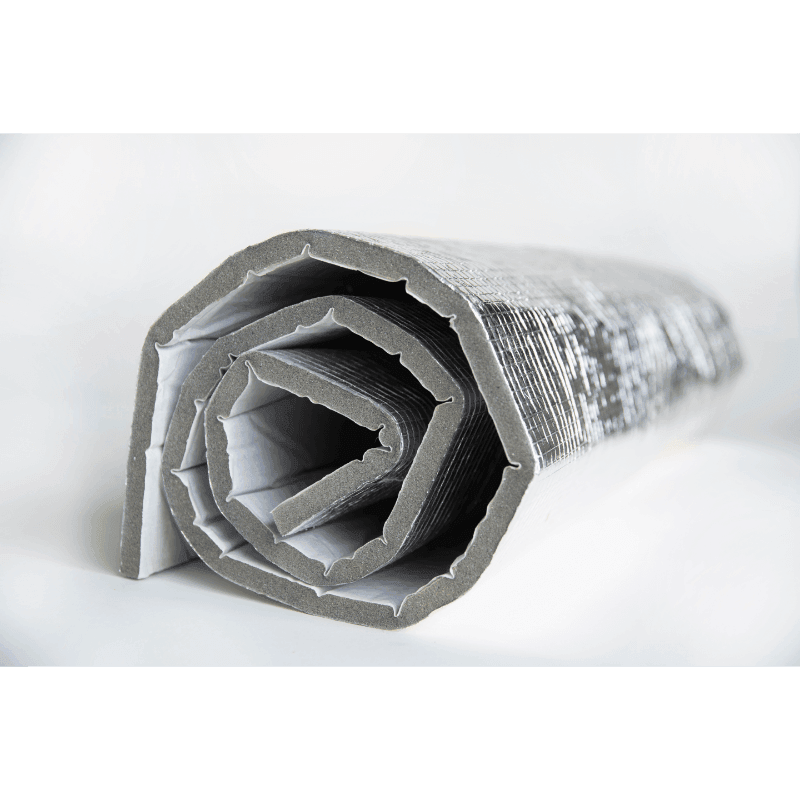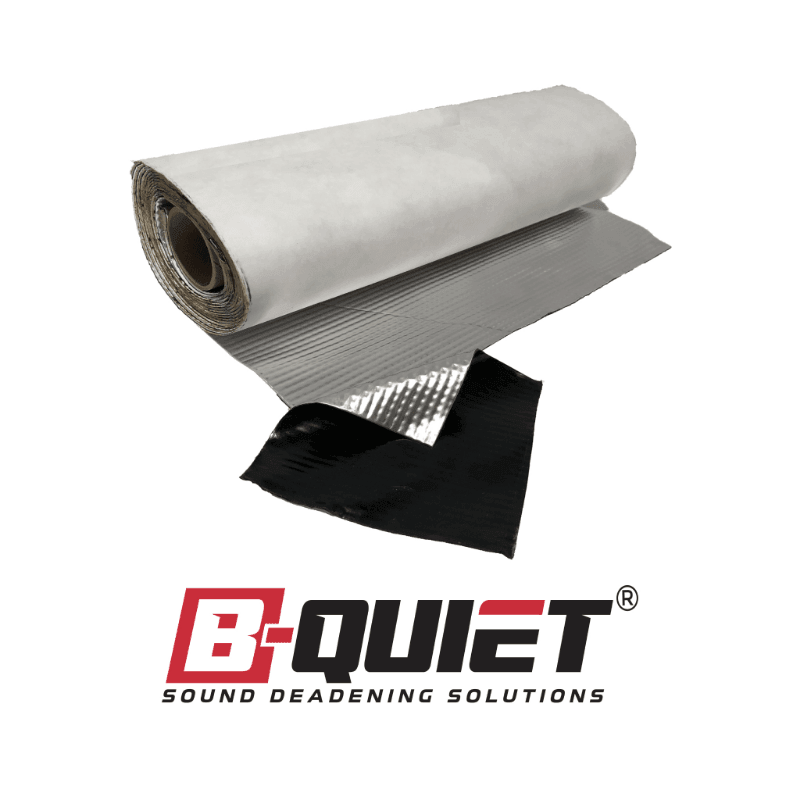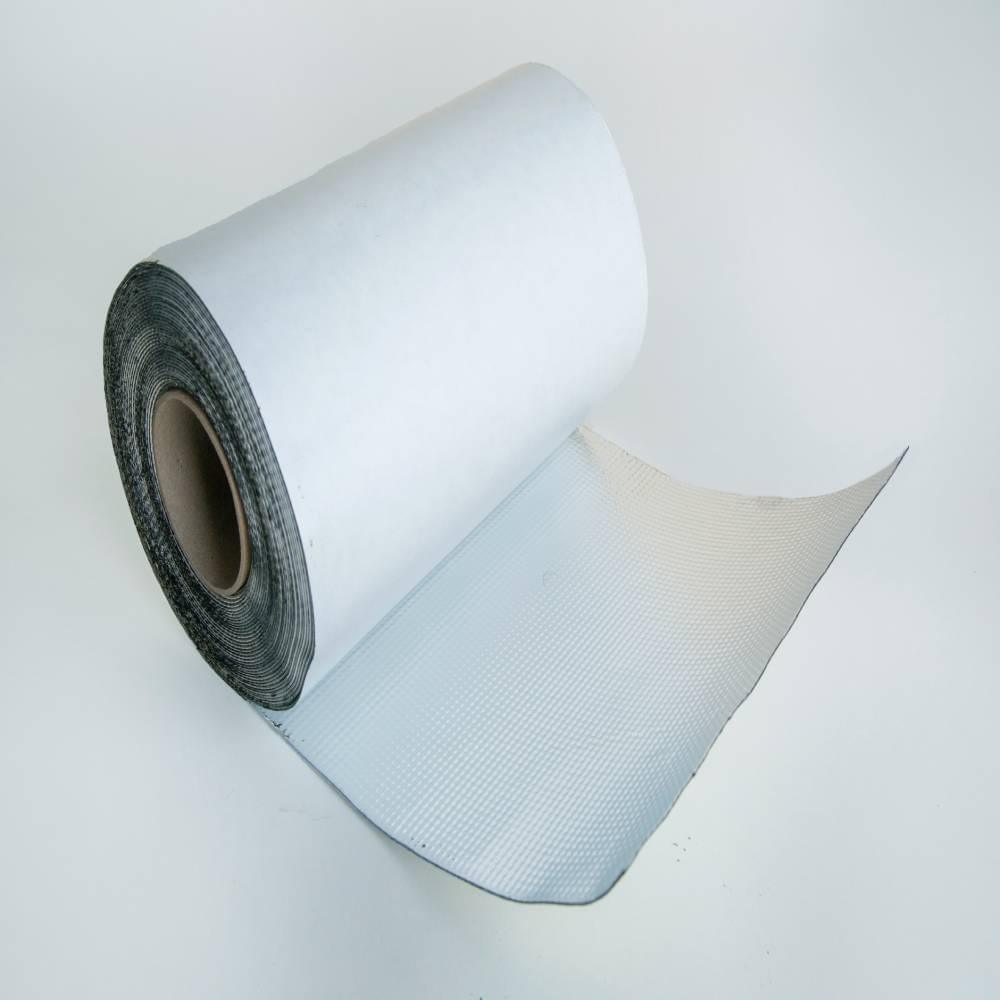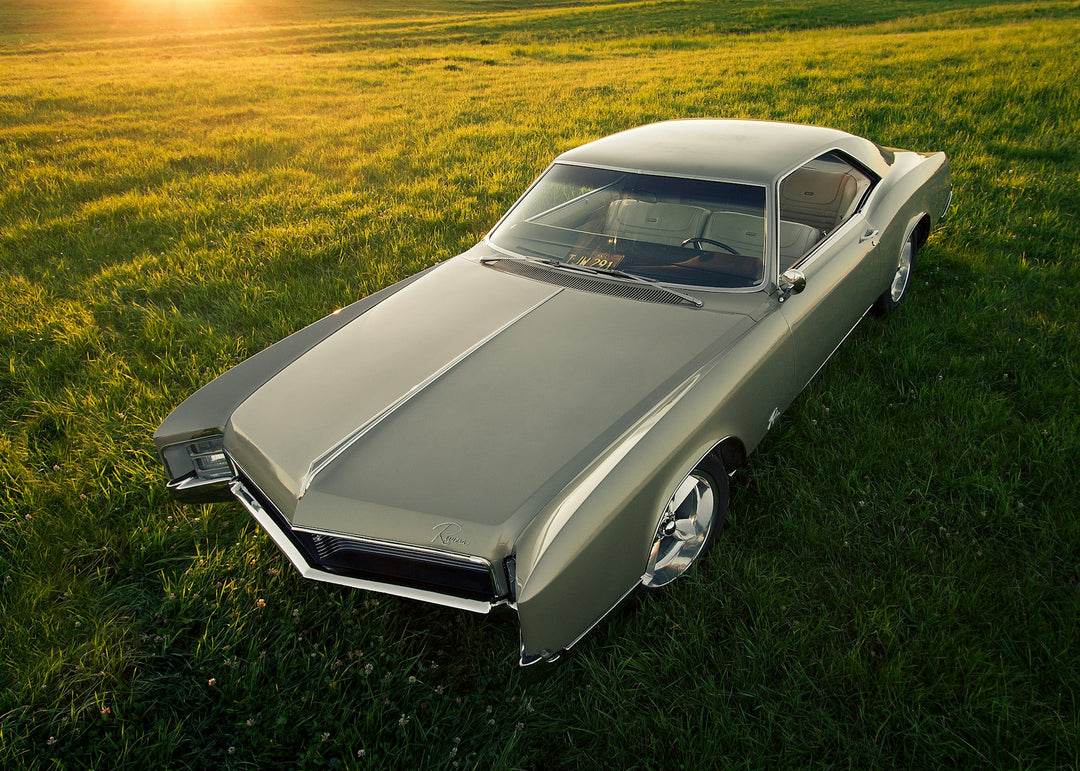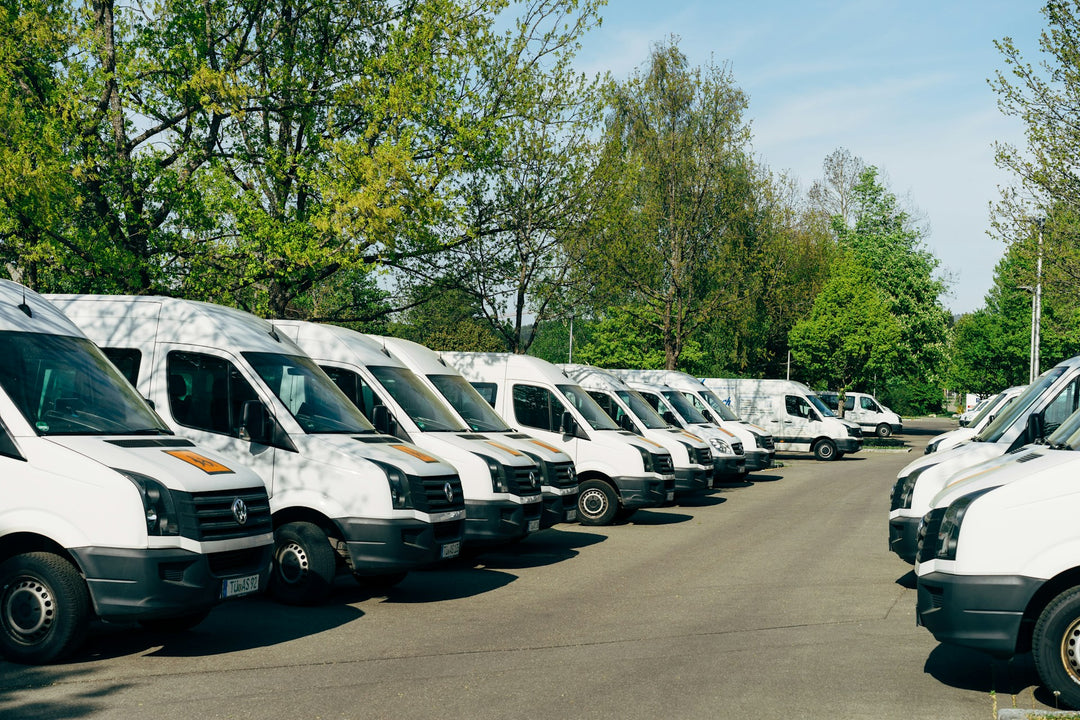Transform Your RV Road Trip with Effective Camper Sound Deadening Solutions
For outdoor enthusiasts and travelers alike, hitting the open road in an RV or camper is one of life's great pleasures. These versatile vehicles provide the freedom to explore the vast beauty of our world while offering the comforts and conveniences of home. However, even the most spacious and well-equipped RVs and campers can fall victim to the intrusion of distracting noises. Road noise, engine vibrations, and the rattling of fixtures and appliances can create an uncomfortable and irritating environment for occupants. But fear not, adventurer, there's a solution to these woes: sound deadening materials and techniques from B-Quiet.
By integrating sound deadening solutions into your RV or camper, you can transform your camping experience from a cacophony to a serene haven. When you're out enjoying nature, the last thing you want is an obnoxiously loud home on wheels interrupting your peaceful escape. With carefully selected sound deadening materials and smart application techniques, you can effectively mitigate unwanted noise and vibrations, ensuring your RV or camper provides a quiet and relaxing sanctuary.
In this article, we'll explore the essential aspects of camper sound deadening, including the types of materials that work best for RVs and campers, location-specific applications for maximum effectiveness, and step-by-step guidance for proper installation. By the end of this guide, you'll be well-equipped to revolutionize your road trip comfort and enjoyment. So grab your favorite camping gear and prepare to create the perfect home away from home with these expert camper sound deadening tips and tricks.
The Importance of Sound Deadening in RVs and Campers
Recreational vehicles and campers provide the unique opportunity to blend travel and comfort while exploring the great outdoors. However, these mobile homes can also suffer from noise intrusion and vibrations, which can detract from the serene and relaxing environment you crave on your adventures. Sound deadening is essential for several reasons:
- Comfort: A quieter cabin allows for a more peaceful and enjoyable experience, letting you unwind after a long day of exploring and recharge for the next adventure.
- Privacy: Sound deadening can reduce noise transfer between the various areas of your RV or camper, fostering a greater sense of privacy for you and your fellow travelers.
- Improved Sleep Quality: A quieter environment promotes better sleep, ensuring that you're well-rested and ready for the next day's activities.
- Vehicle Preservation: Reducing vibrations can help protect your RV or camper from premature wear and tear, maintaining its longevity and overall performance.
Selecting the Right Sound Deadening Materials for RVs and Campers
To effectively soundproof your RV or camper, it's essential to choose the proper materials that cater to your needs and environment. Some of the most effective sound deadening materials for RVs and campers include:
- Mass Loaded Vinyl (MLV): This dense and versatile material excels in blocking unwanted noises, making it ideal for application in your RV or camper. MLV can be installed under carpets, inside walls, or in the engine compartment to reduce noise intrusion.
- Butyl Rubber Mats: A highly effective vibration damper, butyl rubber mats can help diminish rattling and buzzing, ensuring a more comfortable and peaceful environment. These mats can be installed in various areas, including doors, floors, and storage compartments.
- Closed-Cell Foam: This lightweight material is excellent for reducing higher-frequency noises and can be installed under upholstery or between wall panels to create a quieter cabin space.
- Thermal Insulation Material: Some sound deadening materials offer thermal insulation properties, which can help regulate your RV or camper's temperature and maintain a comfortable environment.
Key Areas to Soundproof in Your RV or Camper
When implementing sound deadening, consider applying materials to these specific areas to achieve maximum effectiveness:
- Floors: Installing sound deadening materials on your RV or camper's floor can significantly reduce the transmission of road noise and engine vibrations, creating a more tranquil environment.
- Walls and Ceiling: Soundproofing the walls and ceiling can help reduce noise transfer from the outside and between the inside compartments, offering enhanced privacy and relaxation.
- Doors: Adding sound deadening materials to doors can reduce rattling noises and help block external sounds from entering the cabin.
- Engine Compartment: Sound-deadening material applied to the engine compartment can minimize the noise generated by the engine, resulting in a less intrusive driving experience.
- Wheel Wells: Soundproofing materials around the wheel wells can decrease the impact of tire and suspension noises, resulting in a smoother, quieter ride.
Step-by-Step Guidance for Installing Sound Deadening Materials in Your RV or Camper
To properly install sound deadening materials in your RV or camper, follow these essential steps:
- Evaluate and Plan: Inspect your RV or camper and identify the primary sources of noise and vibration, then decide which areas to soundproof and select the appropriate materials for each location.
- Clean and Prepare: Before installing any sound deadening materials, thoroughly clean the surfaces where you'll be applying them to ensure proper adhesion.
- Measure and Cut: Carefully measure and cut your chosen sound deadening materials to fit the specific areas in which you're installing them, ensuring a precise fit.
- Apply the Material: Install the sound deadening materials according to the product instructions. This may involve using adhesives, screws, or other fasteners to affix the material to the desired surfaces.
- Test and Adjust: After installing your sound deadening materials, test the results by taking your RV or camper for a drive. Listen for any areas where noise intrusion has been reduced, and make adjustments as necessary.
Conclusion
Sound deadening in your RV or camper can dramatically improve your overall travel experience by reducing noise infiltration and fostering a more peaceful, relaxing environment. By selecting the appropriate materials, targeting key areas for soundproofing, and installing the materials correctly, you'll be able to create the ultimate home away from home on your road trips.
Don't let noise intrusion detract from your love for the great outdoors! Reach out to us at B-Quiet to discover the best sound deadener solutions for your RV or camper, and start experiencing the tranquility and comfort you deserve on your adventures.



